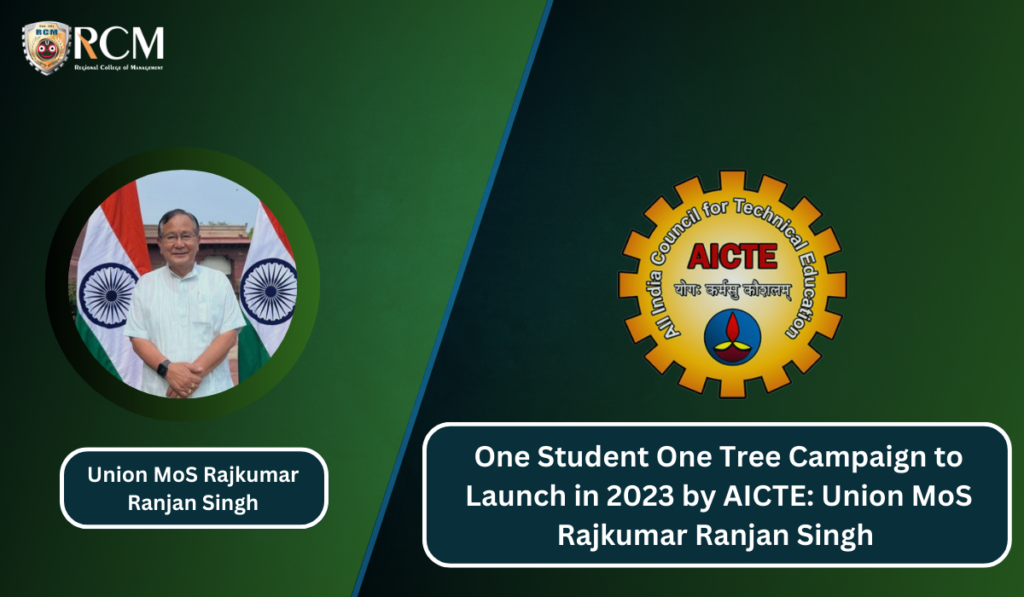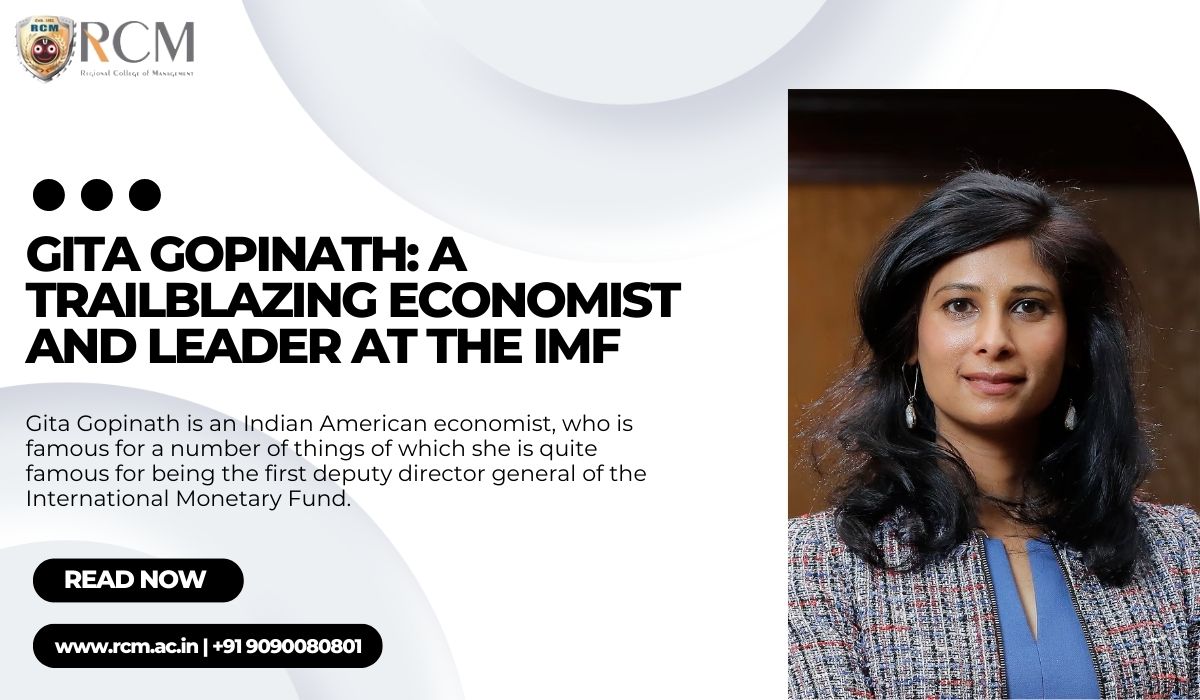On Monday, Dr. Rajkumar Ranjan Singh, Minister of State for Education and Educational and External Affairs, announced that the All India Council for Technical Education (AICTE) will launch the “One Student One Tree Campaign 2023” and that the UGC has also made steps to raise awareness of Mission LiFE.
On the occasion of World Environment Day 2023, Dr. Rajkumar Ranjan Singh spoke with the administrators, professors, and students of higher education institutions around the nation today.
On this occasion, vice-chancellors and directors of higher education institutions were present along with Higher Education K Sanjay Murthy, Chairman of the UGC Prof. M Jagadesh Kumar, Chairman of the AICTE Prof. TG Sitharam, and Chairman of the NETF Prof. Anil Sahasrabuddhe.
Speaking on the occasion, Dr Rajkumar Ranjan Singh said, “The celebration of World Environment Day across the country envisages involvement of youth in spreading the message of LiFE, along with sensitizing school-going children and others about LiFE.”
The mantra of Mission Life is ‘Lifestyle For Environment’ to make the fight against climate change democratic, in which everyone can contribute within their capacity.
The Minister informed that in the National Statement at United Nation Framework Convention on Climate Change (UNFCCC) CoP 26 Global Leaders’ Summit in Glasgow, the Prime Minister’s mantra was Lifestyle for Environment, and he also stressed setting a target for Net Zero Carbon Emissions by 2030.
On October 20, 2022, the Prime Minister launched Mission LiFE (Lifestyle for Environment), a global movement to safeguard our environment from the impact of climate change. LiFE (Lifestyle for Environment) is an India-led global mass movement for “mindful and deliberate utilization, instead of mindless and destructive consumption” to protect and preserve the environment.
He also urged HEIs to engage in activities like holding workshops on sustainable practices for Mission LIFE and promoting LIFE Actions, removing plastic from college and university campuses, converting campuses to digital campuses, reducing paper use, preventing food waste in cafeterias and dorms, creating manure from the compost of dried leaves, food waste, and organic waste, organising bicycle rallies, collecting plastic, and conducting water body cleaning operations during scheduled events.
On this occasion, Dr. Singh after releasing ‘Guidelines and Curriculum Framework for Environmental Education at the Undergraduate level, stated that it is an important step in line with National Education Policy (NEP) 2020 which underlines the importance of making environmental education an integral part of curricula and encouraging environmental awareness and sensitivity towards its conservation and sustainable development.
“The guidelines include areas such as climate change, pollution, waste management, sanitation, conservation of biological diversity, management of biological resources and biodiversity, forest and wildlife conservation, and sustainable development.
The document is expected to cater to students from diverse disciplinary backgrounds and to sensitise them about the commitment of our nation towards achieving sustainable development goals and addressing global environmental challenges,” he added.
The Minister urged all to adopt these guidelines in the course curriculum at the UG level and also take steps for achieving the objectives of ‘Mission LiFE’ thereby protecting Mother Earth from the adverse impact of environmental degradation. (ANI)
(Source: The Print)
















